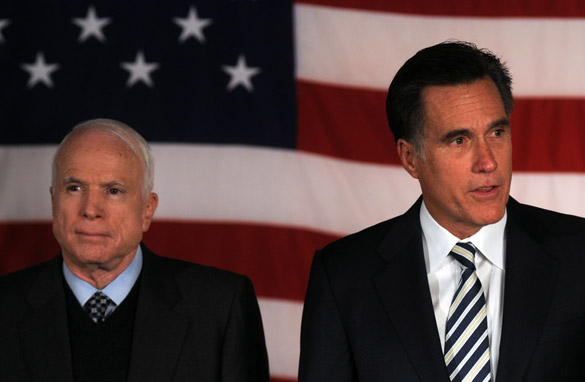

In Jefferson’s Second Revolution we most recently read the chapter, The War of Words, which discussed a new breed of political leaders: the Logocrats. The War of Words alluded to the uprising of political newspapers, pamphlets and editorials. Republican newspapers flourished on emotional and eye-catching stories, most of which greatly embellished the actual truth. These biased newspapers attacked Federalists, their views, and actions. The Sedition Acts gave Republican newspapers publicity and backfired on the Federalists’ attempts to suppress the opposing party. Federalist newspapers were also around, however there were not as many as the Republicans. The text states “The sedition act had backfired. Two Republican newspapers, the Time Piece and the New York Journal had collapsed, but new Republican newspapers were springing up at the grass roots all over the country…”(Dunn 139). Newspapers evolved from being outlets for basic news (many times not factual), to including “editorials, letters to the editor, eye-catching typography, bold headlines, articles reprinted from other papers, poems, eyewitness accounts and personal stories of political conversions” (139). Sensational (sometimes fictional) news swayed votes and painted images in readers minds of what the Presidential candidates were like, Adams: aristocratic, prim and proper... Jefferson: Atheist, Jacobin, sexual deviant.
This brings us to present times and the question of biases in well-respected newspapers and media outlets across the country. An article I came across, by the New York Times, is flatly titled: “THE PUBLIC EDITOR; Is the New York Times a Liberal Newspaper?” the response was “Of course it is”. The author of this piece, Daniel Okrent explains that the major social issues such as gay rights, gun control, environmental regulation and abortion “ignite” the right, rather than the ‘arts and leisure’ sections. Conservative examples of news sources could definitely be FOX News and their hosts, Bill O’ Reilly and Sean Hannity, among others. Their opinion programs are obviously much more biased than the general news.
Even though the New York Times and the Washington Times have biases, liberal and conservative respectively, the two major newspapers do not viciously attack opposing parties as compared to the publications of the early 1800’s. Newspapers are far more factual than they were in the early 1800’s due to the inventions of the internet, television and telephone. Information is readily available to check facts and clear up any false reports. Rumors do still circulate though; an example would be the one of Obama being sworn into office on the Quran versus the Bible. As we learned in class, rumors or allegations stick when the idea is already in one’s mind. Since Barack Obama is a Muslim name, they assume that it is true (it was proven false).
In conclusion, newspapers still hold political biases however they are now, for the most part, factual and reliable versus the publications in the early 1800’s. They can still erupt rumors which might sway people's thoughts and ultimately votes, however inaccuracies are brought to light more quickly than in Jefferson's era.
Pictures: National Gazette was a Republican newspaper of the late 1700’s that condemned Federalist views. The Gazette of the United States was a Federalist newspaper that denounced the Republican Party. Image Source: Wikipedia.org
Sources used: Jefferson's Second Revolution, Susan Dunn.
"THE PUBLIC EDITOR; Is The New York Times a Liberal Newspaper?" Daniel Okrent. New York Times.
-Diana Davino


































